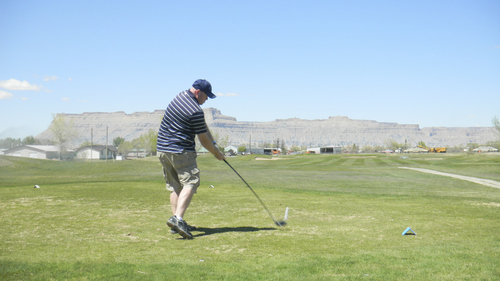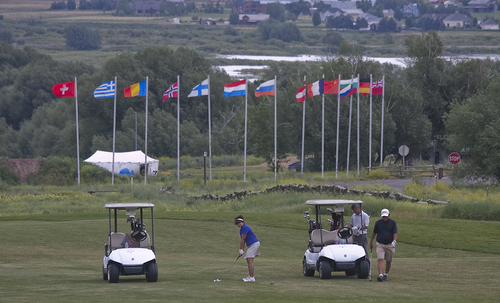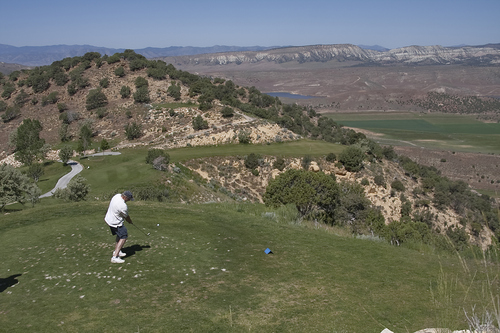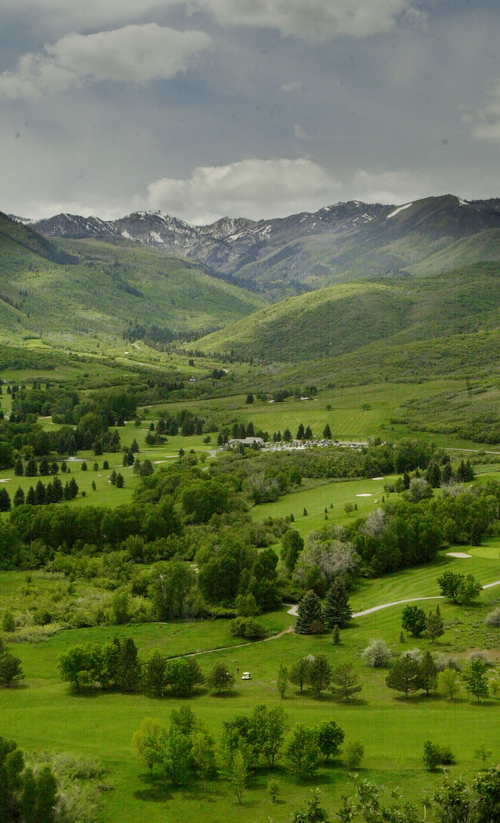This is an archived article that was published on sltrib.com in 2014, and information in the article may be outdated. It is provided only for personal research purposes and may not be reprinted.
The way Utah State Parks director Fred Hayes sees it, Rep. Kay Christofferson is asking for a mulligan.
Christofferson, R-Lehi, this week introduced HB145, which would require the state to hire a golf course consultant to help determine whether Utah State Parks should privatize its four courses.
"We did this study two years ago and the report showed that private can't operate any better than we can," Hayes said. "We feel like we are doing a good job. This is a little frustrating."
Utah State Parks operates four golf courses — Wasatch Mountain and Soldier Hollow in Midway, Palisades near Manti and Green River in the town of Green River. Each also provides other recreational opportunities, such as camping.
An audit of Utah State Parks, requested by legislators and released in 2011, showed that only Wasatch Mountain made a profit. The audit suggested closing Green River.
Hayes said Wasatch Mountain makes an annual profit "in the $200,000 range" and that Palisade is "really darn close" to breaking even.
Soldier Hollow is a 36-hole championship golf center developed in 2004 and financed with $18 million in public bonds. Soldier Hollow fails to make a profit each year, but it is strapped by an annual bond payment of more than $1 million.
"Green River is nowhere close. We are running on a shoestring budget," Hayes said.
"We have been told that we need a base of about 25,000 people to support a 9-hole course. There are not 25 sets of golf clubs in Green River," he said. "The course there is a public accommodation to provide something to folks who live in the area. It was never designed to make money."
The more recent report, "State of Utah Golf System Financial and Operational Analysis," was prepared by National Golf Foundation Consulting of Florida in August 2012.
It found management of the Utah State Parks golf system was "basically appropriate with no need for drastic change," but suggested enhanced marketing and technological and physical upgrades.
The foundation cited issues with public and private golf courses around the country due to "national recession, increasing competition, and challenging weather." Numerous studies show a decline in golfers but more courses, which dilutes the market.
The report did state that if "economic improvement" did not occur by the end of fiscal year 2015, "Utah State Parks should consider privatization alternatives."
"There is a lot of crossover with the variety of amenities at our parks," Hayes said. "That interplay is really hard to account for and it makes a difference."
Twitter: @BrettPrettyman









